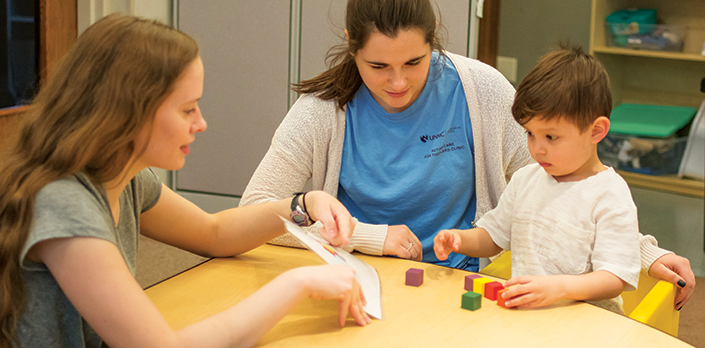
The group of complex neurodevelopmental diseases known as autism spectrum disorders (ASDs) affects how a person communicates, engages with others, and perceives the outside environment.
People with ASDs are characterized by deficits in social interaction and social communication, unusual or repetitive behaviors, and by restricted and repetitive patterns of interests and activities. The causes of the disorder are complicated and understudied but researchers largely concur that a mix of genetic and environmental variables may be responsible for ASD.
The symptoms of ASDs vary greatly from one person to another. Some people have many ASDs at once; others have just one disorder.
Autism Spectrum Disorders (ASDs) are diagnosed when a child or adult has some or all of the following signs and symptoms:
At Real Care Health Services, we provide the right care and resources that can lessen individuals’ challenges while assisting them in developing new skills and leveraging their strengths. There is no one best treatment for ASD because people with ASD may experience a variety of problems. That is why our carers collaborate with a qualified healthcare professional – the expert in behavioral, psychological, instructional, and skill-building programs – to find the combination of ideal treatment and assistance for you.
The home care and services we offer are intensely organized. It helps people with autism maintain healthy relationships, build social competence, and offer a stable routine and structure, all while giving family members a break from their responsibilities as carers.